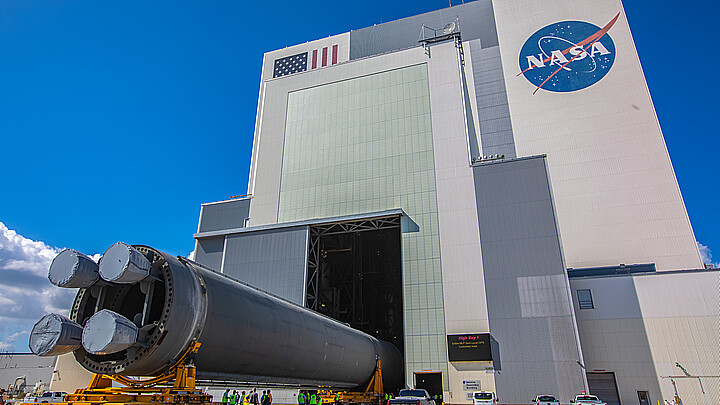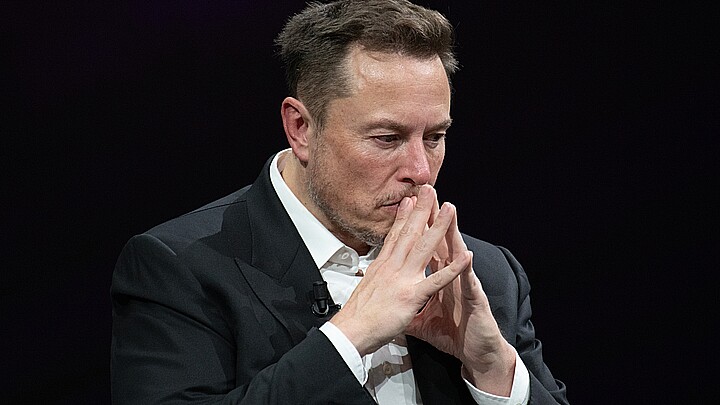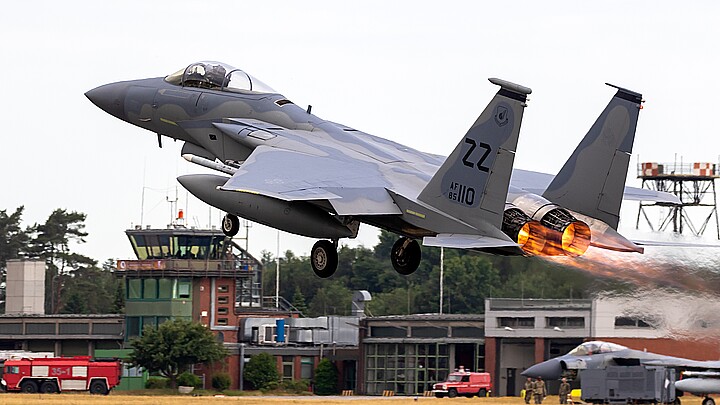Technology
China denies NASA accusation it will take over the moon
Beijing rejected NASA’s allusion that China’s space program attempt to claim the moon for itself as part of a military program on Monday, saying the U.S. is the one stoking tensions in outer space
July 5, 2022 8:39am
Updated: July 5, 2022 1:49pm
Beijing rejected NASA’s allusion that China’s space program attempt to claim the moon for itself as part of a military program on Monday, saying the U.S. is the one stoking tensions in outer space.
NASA Administrator Bill Nelson said in an interview German newspaper Bild on Saturday that: “We must be very concerned that China is landing on the moon and saying: ‘It's ours now and you stay out.’”
"We must be very concerned that China is landing on the moon and saying: 'It's ours now and you stay out'," NASA Administrator Bill Nelson told German newspaper Bild in an interview published on Saturday.
The U.S. space agency head also said China’s space program had ties to its military and had benefited from stealing ideas and technology from other nations, reports Reuters.
Beijing rejected Nelson’s statements as “irresponsible.”
"This is not the first time that the head of the U.S. National Aeronautics and Space Administration has ignored the facts and spoken irresponsibly about China," said Zhao Lijian, a spokesman at the Chinese foreign ministry.
"The U.S. side has constantly constructed a smear campaign against China's normal and reasonable outer space endeavours, and China firmly opposes such irresponsible remarks."
China has been ramping up its space program over the last decade, landing an unmanned mission on the moon in 2013. It is currently constructing a small space station similar to the Soviet Mir from the 1980s and aims to have launch a manned lunar mission by 2030, according to AFP.
NASA’s Artemis lunar mission launched the CAPSTONE satellite on June 28, which will arrive at the moon in four months. When it arrives, the microwave-sized device will orbit the are for six months and collect data for future launches of larger rockets.
In an April interview with Der Speigel, another German paper, Nelson said he welcomed cooperation with China on a lunar station but they had so far refused.
“The Chinese are very secretive; they are not transparent,” said Nelson.
“We observed that last year when a large piece of one of their old missiles crashed to Earth. It could have come down in Europe or Saudi Arabia. But they wouldn't give us the coordinates. There was no communication at all. That is inexcusable when human lives and property are threatened,” he added, likely referring to China’s Long March 5B rocket core that tumbled toward earth in April 2021.










